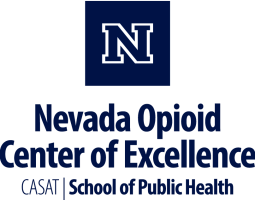This resource explains how HIPAA allows healthcare professionals to share health information with a patient’s loved ones during emergencies or dangerous situations, such as an opioid overdose, when doing so is in the patient’s best interest. It clarifies that health providers can disclose information to family and caregivers without patient consent if the patient is incapacitated or poses a serious and imminent threat to their health. Additionally, it outlines limitations on sharing information for patients who have decision-making capacity and recognizes state laws regarding personal representatives who have authority over a patient’s health information.
